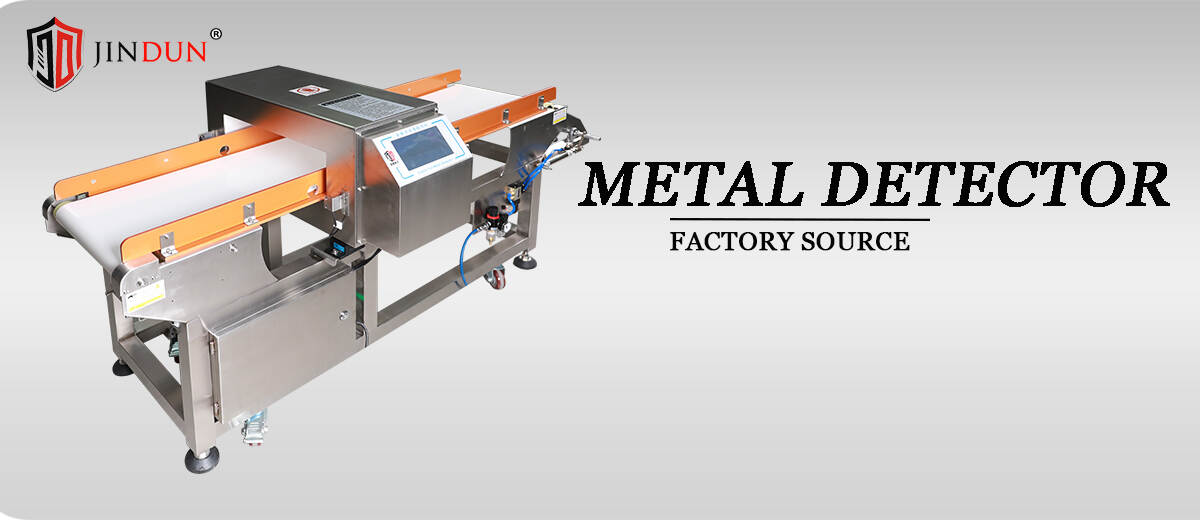Email format error
Email cannot be empty
Email already exists
6-20 characters(letters plus numbers only)
The password is inconsistent
Email format error
Email cannot be empty
Email does not exist
6-20 characters(letters plus numbers only)
The password is inconsistent


Understanding the Thermal Conductivity Analyzer: A Guide to Prices and Applications
In today's rapidly advancing technological landscape, understanding the properties of materials is crucial for innovation and efficiency. One essential property that often requires precise measurement is thermal conductivity. This is where thermal conductivity analyzers come into play, offering invaluable data for industries ranging from electronics to construction. However, when venturing into the market for these sophisticated devices, many potential buyers find themselves asking: What exactly is a thermal conductivity analyzer, and what influences its price?
What is a Thermal Conductivity Analyzer?
A thermal conductivity analyzer is a device designed to measure the thermal conductivity of a material, which is its ability to conduct heat. This property is essential in various applications, including materials science, engineering, and manufacturing. For example, in the electronics industry, understanding thermal conductivity helps in designing devices that dissipate heat efficiently, thereby enhancing performance and longevity.
Key Features and Technology
Thermal conductivity analyzers come with various features and technologies that influence their price. Some of the primary components and considerations include:
1. Measurement Range and Accuracy: High-end analyzers offer broader measurement ranges and higher accuracy, making them suitable for research and development purposes. For instance, some models can measure thermal conductivities ranging from as low as 0.01 W/mK to as high as 2000 W/mK.
2. Sample Types and Sizes: Different analyzers cater to different sample types, whether they are solids, liquids, or gases. Some models can handle a variety of sample sizes and shapes, providing flexibility in different testing scenarios.
3. Ease of Use and Automation: Modern thermal conductivity analyzers often come with user-friendly interfaces and automated features that simplify the testing process, reducing the need for extensive training.
4. Data Analysis and Reporting: Advanced models offer comprehensive software packages for data analysis, allowing users to generate detailed reports and perform sophisticated calculations.

Factors Influencing Thermal Conductivity Analyzer Prices
When exploring the market for thermal conductivity analyzers, you'll notice a wide range of prices, typically starting from a few thousand dollars to upwards of tens of thousands. Here are some factors that influence these prices:
1. Technology and Performance: As with most scientific instruments, higher performance and more advanced technology command higher prices. Analyzers that offer higher accuracy, broader measurement ranges, and faster processing times are generally more expensive.
2. Brand and Manufacturer: Established brands with a reputation for quality and reliability often have higher-priced models. These companies also typically offer better customer support and service, which can be crucial for maintaining the instrument.
3. Application Specificity: Analyzers designed for specific applications or industries may cost more due to their specialized features. For example, an analyzer tailored for high-temperature material testing may be more expensive than a general-purpose model.
4. Additional Features: Extras such as enhanced data analysis software, multi-sample testing capabilities, and robust construction materials can add to the cost.
5. Warranty and Support: Comprehensive warranties and support packages also contribute to the overall price. Investing in a model with a solid warranty and good customer support can save money and hassle in the long run.
Popular Models and Price Ranges
To give you a better idea of the thermal conductivity analyzer price spectrum, let's look at some popular models available on the market:
1. TA Instruments DXF 5000: Known for its high precision and versatility, this model is suitable for both academic and industrial applications. Prices typically range from $20,000 to $30,000.
2. Thermtest TPS 2500S: This analyzer offers flexible sample testing and high accuracy, making it ideal for research laboratories. It is priced between $15,000 and $25,000.
3. Linseis LFA 1000: A high-end model designed for testing a wide range of materials, including thin films and coatings. Its price can go up to $40,000, reflecting its advanced capabilities.
4. Hot Disk TPS 3500: This model is popular in materials research for its ability to test a variety of materials with high accuracy. Prices for this analyzer range from $25,000 to $35,000.
Choosing the Right Thermal Conductivity Analyzer
Selecting the right thermal conductivity analyzer depends on your specific needs and budget. Here are some tips to help you make an informed decision:
1. "Define Your Requirements": Understand the types of materials you will be testing and the accuracy you need. Consider the measurement range and whether you need a device that can handle multiple sample types.
2. Consider Long-term Costs: While initial thermal conductivity analyzer prices are important, also factor in the cost of maintenance, calibration, and potential repairs. A higher initial investment might save money over time if the device is more durable and reliable.
3. Look for reviews and recommendations: Check reviews and ask for recommendations from other professionals in your field. User experiences can provide valuable insights into the performance and reliability of different models.
4. Evaluate Customer Support: Good customer support can be crucial, especially if you are new to using thermal conductivity analyzers. Ensure that the manufacturer offers adequate training, support, and service.
5. Request Demos and Trials: If possible, request a demo or trial period to test the analyzer with your own materials. This can give you a better sense of its ease of use and performance.
Conclusion
Investing in a thermal conductivity analyzer is a significant decision that can greatly impact your research or industrial processes. By understanding the factors that influence thermal conductivity analyzer prices and carefully evaluating your needs, you can select a model that offers the best value for your investment. Whether you are in the field of materials science, electronics, or construction, a reliable thermal conductivity analyzer can provide the accurate data you need to innovate and succeed.

